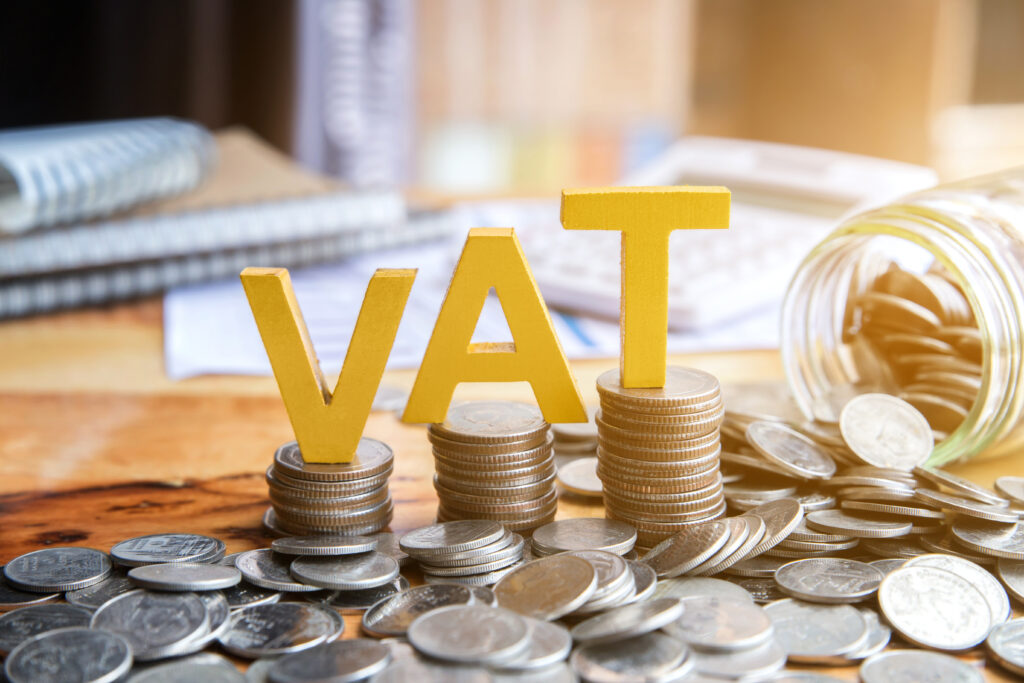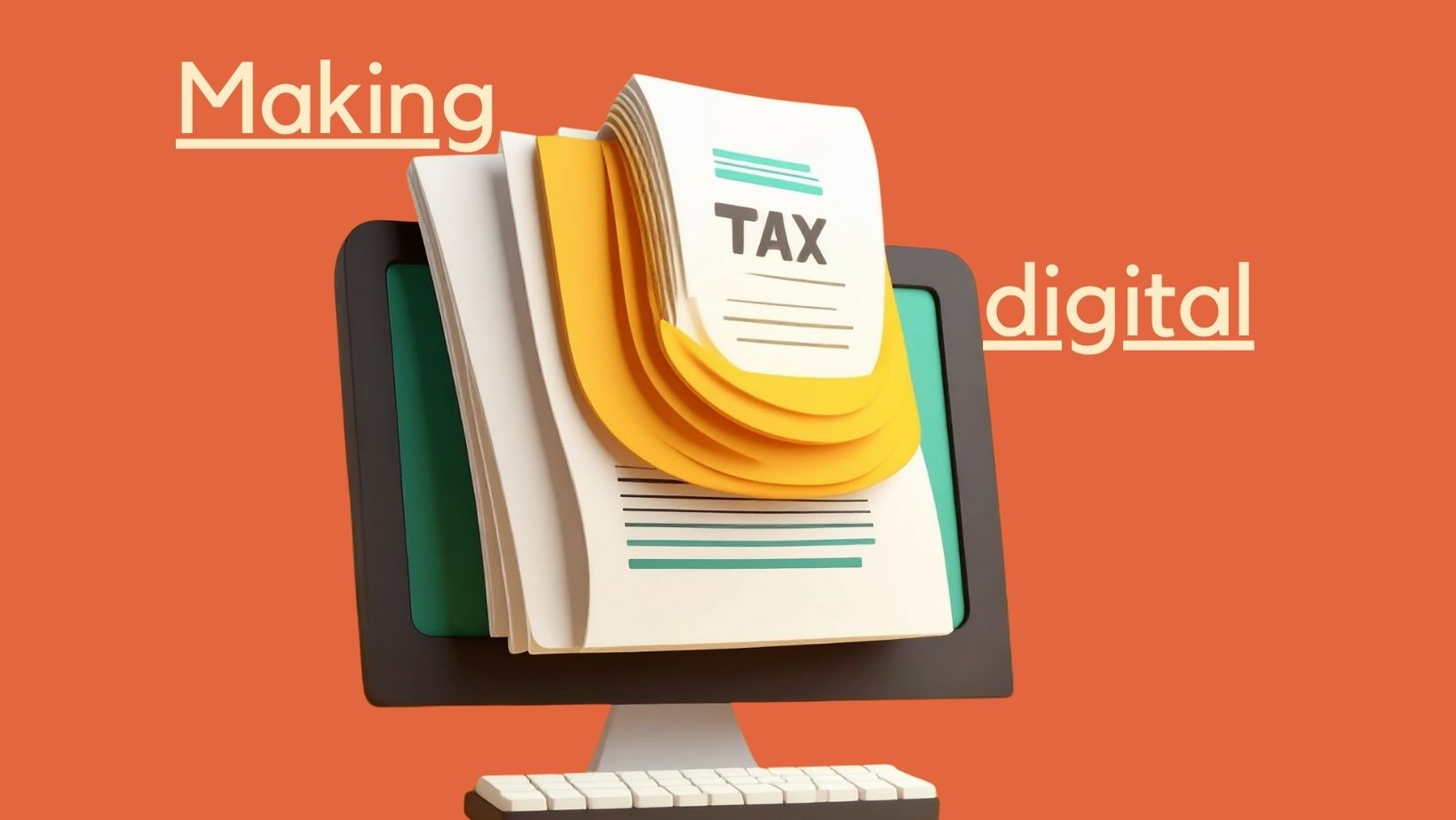Do you need to register for VAT?
VAT is one of those taxes that every business owner and contractor needs to know about even if you’re not VAT registered yet, it’s important to understand how the rules affect your business and what your options are if and when the question of registration comes up.
Becoming VAT registered is compulsory when your VAT taxable turnover goes over £90,000, or you know that you will in the next twelve months. You can also decide to become VAT registered if your turnover doesn’t meet the threshold – so it makes sense to consider the pros and cons of voluntary registration.
Voluntary Registration
Here are some reasons why you might want to voluntarily register for VAT.
- Clients and customers can perceive VAT registration to be an indicator of the size or maturity of a business, so voluntary registration can add credibility and for some industries there is an active expectation that suppliers will be VAT registered.
- If you intend to grow and would need to register sometime in the future anyway, you may want to register early. This will free you up from monitoring the sales to see when to register and will remove the risk of not registering at the right time.
- Early registration also means your customers know to expect the VAT charge from the start, which may save you dealing with a “price increase” when you’re forced to register and need to add VAT to your billing.
- If you register on the standard scheme, you’ll have the ability to reclaim VAT on your costs. If you have invested large sums in setting up your business or have significant on-going costs you may be able to reclaim the VAT. This can help your cashflow and reduce your costs.
There are downsides to VAT registration:
- Being registered does increase administration, although the use of cloud based bookkeeping systems and schemes such as the Flat rate scheme can minimise time spent on admin.
- You need to consider the impact on your customers and clients. If you have small clients who are not VAT registered, clients in the charity sector or supply mainly to consumers adding VAT to your invoices will increase their costs as they may not be able to claim back the VAT. Whilst you cannot avoid this if registration becomes compulsory, you may want to delay the impact.
- Also consider if your major competitors are VAT registered or not? Registering when your competitors haven’t could make it difficult for you to compete on price.
So, assuming VAT registration is right for your business, which scheme should you sign up for?
The Standard VAT Scheme – this is the default scheme for VAT registration. On registration your business will be asked to prepare and submit VAT returns on a quarterly basis. The VAT you pay to HMRC is calculated as:
- VAT on all invoiced sales (paid or not) less VAT on all invoiced purchases (paid or not) = VAT dure to HMRC, for example
- Sales invoices in the period £10,000 + VAT = VAT of £2,000
- Purchases invoiced in the quarter £5,000 + VAT = VAT of £1,000
- VAT to be paid the HMRC £1,000 (£2,000 – £1,000)
Standard VAT Cash Basis is a variation on the standard scheme.
On this scheme you only include the sales invoices that you have been paid in the quarter and the purchase invoices you have paid. So based on the example above if only £5,000 of sales invoices had been paid, only £1,000 of VAT would have been collected. No VAT would be due as this is offset by the VAT paid on purchase invoices.
Assuming the rest of the invoices are paid in the following quarter the £1,000 VAT would become payable later.
This scheme is worth considering if you have long payment terms with some or all customers and clients as it can assist your cashflow.
Flat Rate VAT Scheme is an alternative VAT scheme that may suit small businesses with minimal vatable expenses.
The flat rate scheme still requires you to charge VAT at the standard 20% rate, but you pay over a fixed percentage of your gross sales to HMRC (based on your industry), rather than offsetting the VAT on your purchases and expenses. This means you spend less time itemising the VAT on your expenses and the VAT calculation is simpler.
| For example: Let’s take a look at the VAT payable by an Advertising agency using this scheme. HMRC set their flat rate % as 11%. They actually then give you a 1% discount in your first year. Let’s assume £10,000 of sales were invoiced in the quarter and £5,000 of vatable expenses incurred. The VAT payable would be VAT charged on invoices £2,000 (£10,000 @20%)Flat rate of 10% (after discount) to gross invoices £1,200 (£12,000 @10%)VAT payable £1,200 In this scheme the vatable expenses are ignored. Under the standard scheme VAT payable would have been £1,000 so on this example the Flat Rate Scheme is the best option. But what if this business had fewer vatable expenses, say £1,000 in the quarter? In this case, the standard scheme would have incurred a VAT liability of £1,800 compared to the £1,200 under the Flat Rate – so it may have been the better option. |
Low-cost traders and the flat-rate VAT scheme
A business counts as a “Low-Cost Trader” where their expenses are less than 2% of flat rate turnover, or greater than 2% but less than £1,000 per year. In this case you’d pay 16.5% of your gross sales under the flat-rate scheme.
You have to apply to HMRC to use this scheme, which you can do on registration or at a later date as long as your expected turnover in the next 12 months will not exceed £150,000.
If whilst on the scheme your turnover exceeds £230,000 you will be removed from the scheme.
You can also choose to calculate VAT on the Flat Rate Scheme via the cash basis.
Involve Your Accountant
You can see the importance of getting this right for your business, and most business owners will need expert advice. A good accountant will provide initial support in choosing the right scheme and ongoing reviews to make sure things remain beneficial, so it’s well worth consulting them before you make any decisions.
If you have questions or if we can help in any way, please call our expert team on 01296 468185 or email [email protected].





